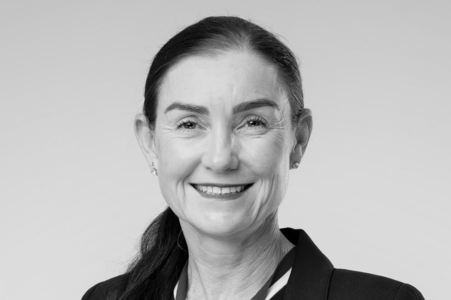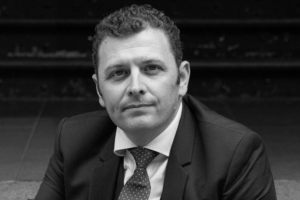Capital markets spearhead next recession: CIOBY KARREN VERGARA | FRIDAY, 3 MAR 2023 12:35PMCapital markets will be potentially the epicentre of the next financial crisis, according to an investment expert, as unsustainable debt levels could tip global economies into a recession. In her recent visit to Australia, Ariel Investments chief investment officer Rupal Bhansali told Financial Standard that highly leveraged sectors, private equity in particular, are a cause for concern at a time when investors are worried about the next major economic downturn. Many investors do not understand the high levels of risk borne by private equity, which is underpinned by investments in junk bonds with CCC ratings, she said. This equates to being overleveraged by 5-7x net debt over earnings before interest, depreciation and amortisation (EBITDA), meaning the sector is up to its head with the "junkiest of junk" investments.
Infrastructure and real estate also vulnerable as debt is endemic to companies that operate in these sectors. The banking sector, on the other hand, will relatively fare better, she predicts. "Excessive levels of debt tend to be very dangerous. We saw this happen in Japan and it tried monetary stimulus and quantitative easing (QE) as it faced challenges in the 90s, which didn't prove to be effective at all," she said. Bhansali warned that de-leveraging in this current economic climate environment is critical, while one of the biggest challenges for global economies going forward is the "low and anaemic growth rate". Growth rates of companies will not likely match the rate of growth of rapidly rising interest rates, which prove to be another challenge, she said. The International Monetary Fund estimates that global debt, which includes private and corporate debt, has hit a staggering US$235 trillion. "The debt burden is unsustainable and [investors] will need to revert to yield curve control and that creates challenges in markets," Bhansali said. So how can equity investors best insulate their portfolios amidst the talk of doom and gloom? As a recession has not yet played out, Bhansali anticipates this won't transpire for another two-plus years. In the meantime, investors can prepare by moving away from growth stocks to value stocks, Bhansali said. She also favours companies that pay reliable dividends. Bhansali sees many investors are heavily allocated to countries like the US, Australia and India - some of the most expensive in the world. As a contrarian investor, Bhansali prefers to invest in companies in Europe and Latin America. In terms of industries, healthcare and consumer staples tend to be recession-proof and offer good dividends, she said. "Defence is the best offence in this environment," she said. |
Editor's Choice
Platinum announces strategic review
Sequoia chief's job at stake in upcoming EGM
Scott Farquhar steps down from Atlassian
Goldman Sachs ditches robo-adviser Marcus Invest
 Sponsored by Sponsored by | Where do advisers invest their time?The stage 3 tax cuts have sparked discussions on bracket creep. Implementing a tax-effective investment strategy is crucial now more than ever. |
 Sponsored by Sponsored by | Quality and Yield. A Powerful combination.With central bank rates seemingly peaked, investors are not awaiting yield increases. We're bucking the trend with investment rates at decadal highs |
 Sponsored by Sponsored by | Why it could be a good time to be a growth contrarianGrowth-style companies are in vogue, but you may need to think outside the box to ensure you don't overpay. |
Products
Featured Profile

Fiona Mann
BRIGHTER SUPER




























